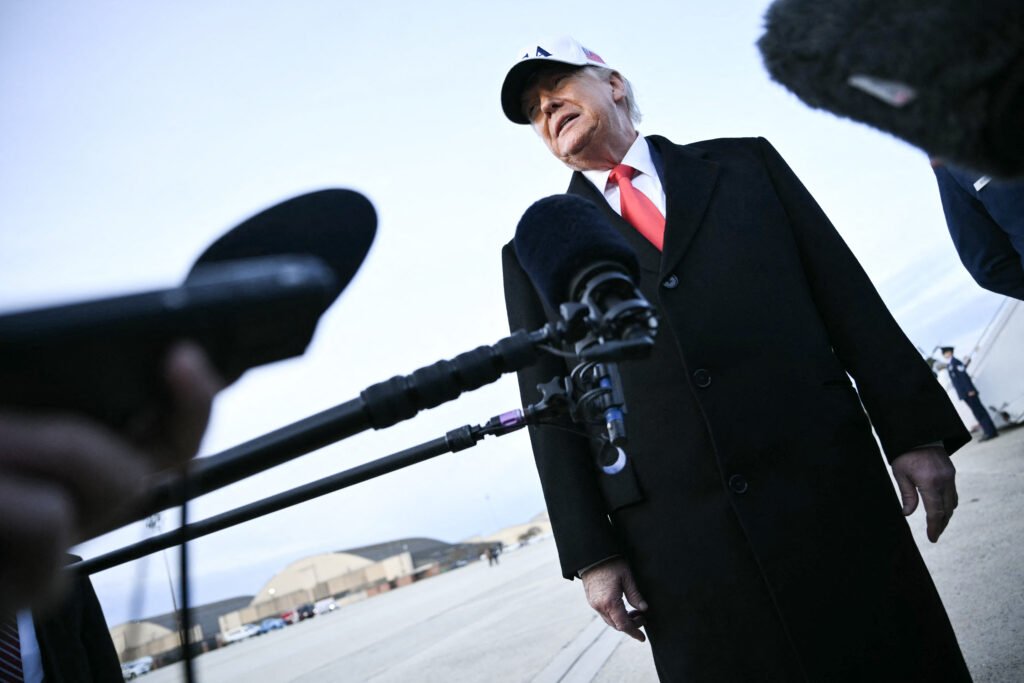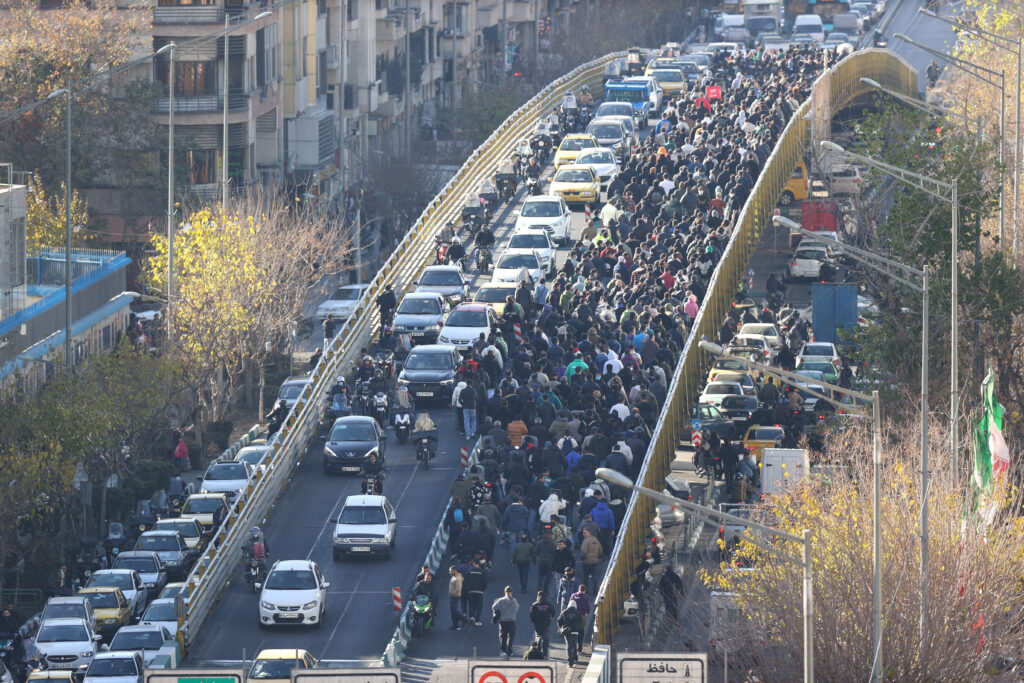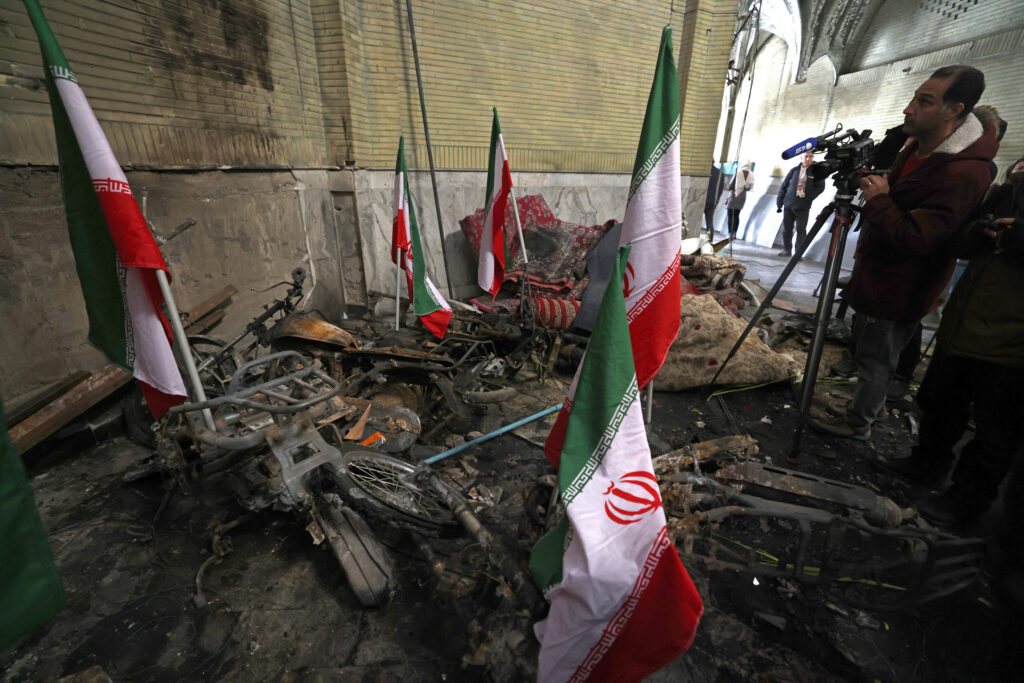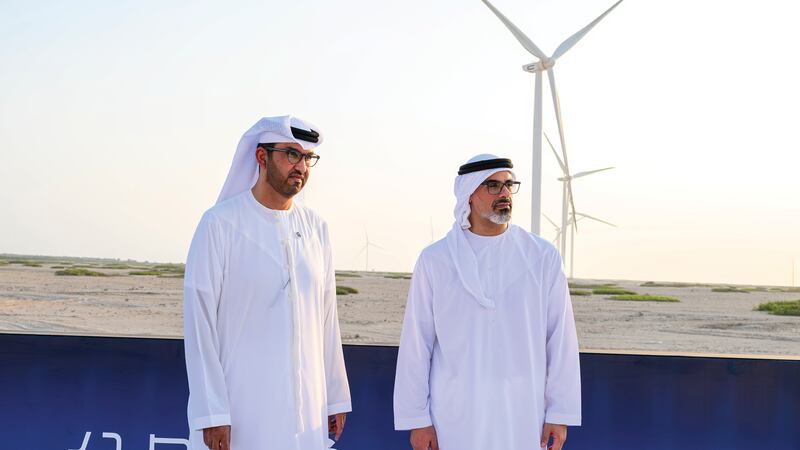Indonesia-GCC Free Trade Agreement: Promises and Ways Ahead
- Muhammad Zulfikar Rakhmat
- -
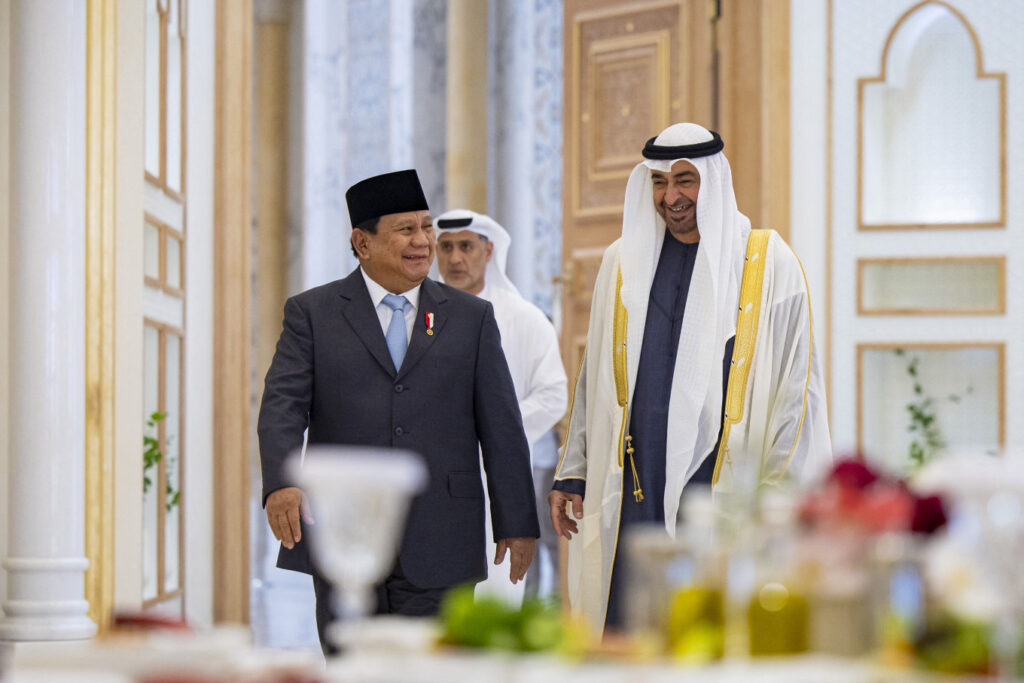
The initiation of negotiations for an Indonesia-Gulf Cooperation Council (GCC) Free Trade Agreement marks a pivotal moment in economic collaboration between both sides. The agreement has the potential to deepen trade relations and create new investment opportunities between Indonesia and the GCC’s member states — Saudi Arabia, the United Arab Emirates, Kuwait, Bahrain, Oman, and Qatar.
For Indonesia, an FTA represents a strategic opportunity to diversify its economic partnerships beyond its current agreements, such as the Comprehensive Economic Partnership Agreement (CEPA) with the UAE. Diversification is crucial for Indonesia’s economic resilience, reducing dependency risks associated with any single market, especially given its substantial trade with China.
By strengthening ties with the GCC, Indonesia can tap into new markets and lessen its vulnerability to fluctuations in global trade dynamics. By expanding its reach into the GCC market, Indonesia aims to boost its exports of commodities such as palm oil, textiles, and electronics. This diversification aligns with Indonesia’s broader economic strategy to expand its export base and reduce reliance on volatile commodity markets.
Additionally, an FTA can serve as a gateway for Indonesian businesses to access GCC investment opportunities, particularly in sectors like infrastructure, energy, and tourism. Over the years, Indonesia-GCC investments have increased. Jakarta hopes to build on this momentum to meet its developmental goals, which include fostering job creation and industrial growth across various sectors of its economy.
On the GCC’s part, pursuing closer economic ties with Indonesia aligns with several strategic interests. GCC nations seek to diversify their economies away from oil dependency by investing in sectors where Indonesia excels, such as agriculture, manufacturing, and technology. Indonesia’s large consumer market, characterised by its youthful population, presents an attractive opportunity for Gulf businesses looking to expand their market reach beyond their borders.
Moreover, GCC countries recognise Indonesia’s strategic geographic location as a gateway to the larger Asean market. Enhanced access to Indonesia can facilitate smoother trade flows and logistical efficiencies, benefiting both importers and exporters within the Gulf.
Additionally, collaboration with Indonesia in areas such as Islamic finance, halal products, and renewable energy initiatives resonates with the GCC’s efforts to diversify its economies and promote sustainable development practices in line with global standards.
Despite the advantages, it is essential that Indonesia learns from the negotiations for an FTA between China and the GCC, which have encountered significant hurdles. Although multiple rounds of talks spanning nearly two decades have taken place, an agreement remains elusive, primarily due to disagreements over tariffs and geopolitical conflicts. Indonesia must navigate these challenges cautiously, ensuring that its negotiations prioritise sustainable economic partnerships over short-term gains.
The obstacles to achieving an FTA between Indonesia and the GCC primarily stem from divergent economic structures. GCC countries rely heavily on oil exports, and their attempts to diversify their economies have had varying levels of success, posing challenges in aligning their interests with Indonesia’s export-driven economy, which focuses on commodities like palm oil and electronics. Transparency, inclusivity, and a commitment to resolving differences through dialogue will be crucial in ensuring the success of negotiations for an Indonesia-GCC FTA.
In this respect, a useful example would be to examine the GCC’s only pact with an Asean country — Singapore. The GCC-Singapore FTA, in effect since September 2013, was initially hailed as a promising model for enhancing trade and investment between Singapore and the Gulf states. The agreement encompasses comprehensive sectoral coverage, including goods, services, investments, government procurement, intellectual property, and competition policy. While this agreement has provided some benefits, it has faced challenges in fully realising its potential. Areas such as SME participation have been underwhelming, and the mismatch in economic priorities — with Singapore focusing on high-tech and knowledge-based industries, while the Gulf economies have leaned more towards industrial and oil-based sectors — and this has impeded deeper integration.
Indonesia can certainly draw lessons from this agreement, not only by pursuing similar sectoral coverage, but also by being mindful of the pitfalls. While comprehensive negotiations are essential, Indonesia must ensure that the agreement is aligned with both parties’ strategic priorities. By focusing on sectors such as agriculture, manufacturing, and services — where both Indonesia and the GCC can benefit — Jakarta can create a more balanced and effective framework for cooperation.
The GCC-Singapore FTA also emphasises tariff reduction schedules, facilitating market access for goods traded between both sides. However, the results in terms of meaningful market access have been mixed. Indonesia could look to leverage these provisions to negotiate more favourable tariff reductions for its exports, such as palm oil and electronics, but should also ensure that such reductions align with long-term development goals. In addition, while the FTA with Singapore promotes investment flows and protects investors’ rights, the impact has been limited, particularly in non-oil sectors like infrastructure, energy, and tourism. Indonesia should seek to adopt similar investment facilitation measures, but also work to ensure that they translate into tangible, sustainable investments that support its development objectives.
By studying and applying these and other lessons from the Singapore-GCC pact, Indonesia can navigate geopolitical sensitivities within the Gulf and structure its negotiations more effectively, ensuring that the FTA delivers meaningful and sustainable outcomes.
Harmonising regulatory frameworks, ensuring transparency, and addressing sustainability goals are critical elements that could shape a successful FTA between Indonesia and the GCC. These areas, while essential, have posed challenges in other trade agreements, such as the one with Singapore — discrepancies in regulatory standards and a lack of inclusivity in the negotiation process, for instance, have limited the broader benefits that the agreement aimed to deliver.
By learning from the challenges faced by both China and Singapore, Indonesia has a unique opportunity to craft an FTA that not only addresses the shortcomings of past agreements, but also sets a new benchmark for trade relations between the GCC and Asean. Any agreement must go beyond mere market access to create a more sustainable, inclusive, and forward-looking framework for cooperation. By prioritising transparency, inclusivity, and long-term development goals, Indonesia can ensure that the FTA delivers tangible benefits to all sectors of its economy, from small enterprises to large industries, and positions the country as a dynamic partner in the Gulf’s evolving economic landscape.
Image Caption:United Arab Emirates President Sheikh Mohamed bin Zayed al-Nahyan (right) talks to visiting President Prabowo Subianto at a lunch reception in Abu Dhabi on 23 November 2024. Photo: AFP/UAE Presidential Court/Ryan Carter
About the Author
Muhammad Zulfikar Rakhmat, a researcher at Jakarta-based Center of Economic and Law Studies, is an MEI Research Affiliate.

